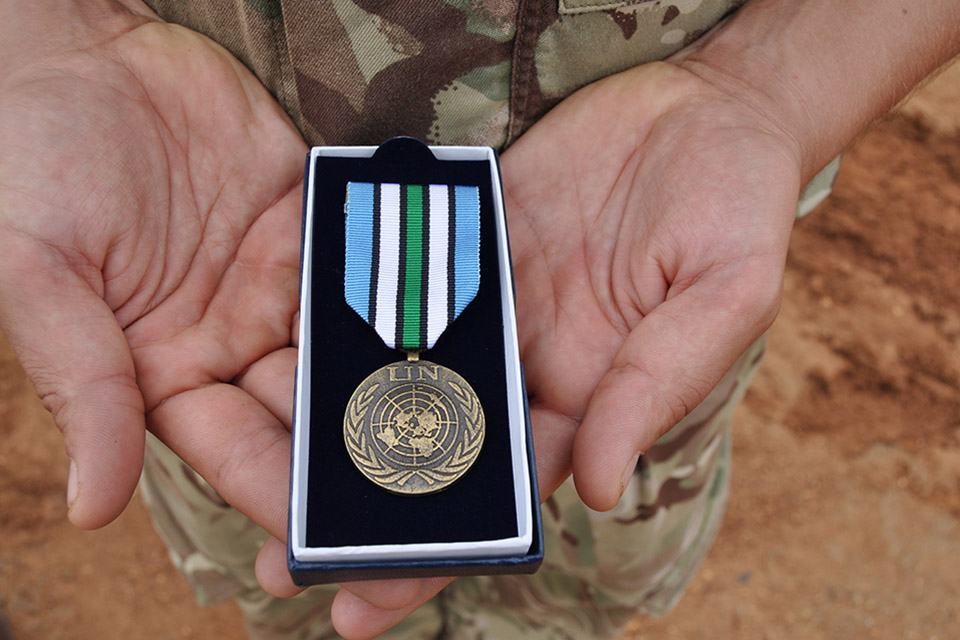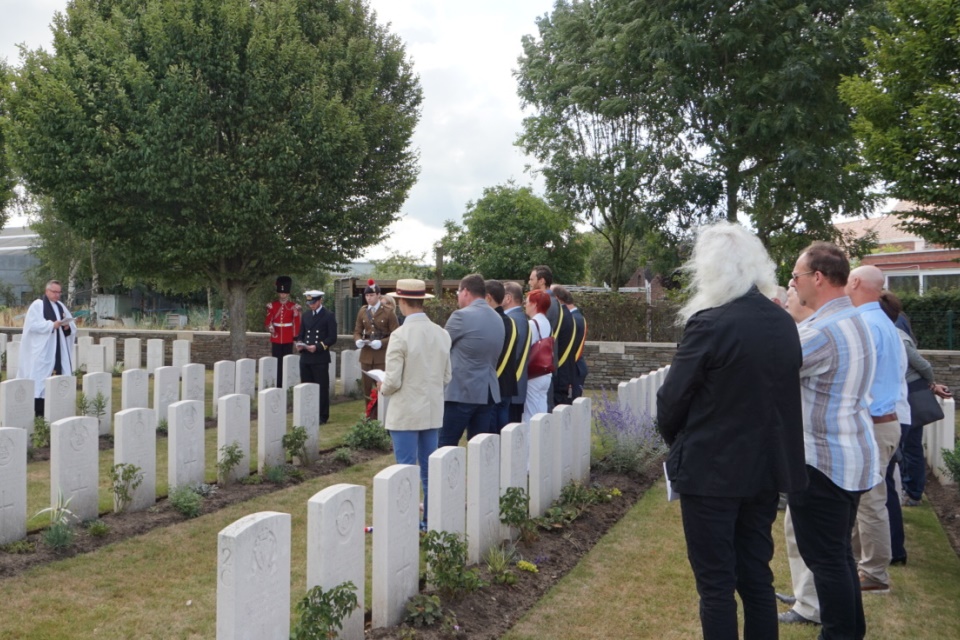News story: UK Destroyer visits Ukraine after completing multi-national naval exercise
The Royal Navy Type 45 destroyer is leading NATO’s Standing Maritime Naval Group 2 (SNMG2), providing reassurance and deterrence in the Black Sea, as well as commanding NATO’s counter migration activity in the Aegean. For the next 12 months the Royal Navy is commanding two of the four NATO Standing Naval Forces, demonstrating the UK’s commitment to and leadership within the alliance.
The visit follows the announcement last week by the Defence Secretary that the UK is expanding its training of the Ukrainian Armed Forces with new military courses on countering threats from snipers, armoured vehicles and mortars.
Defence Secretary Sir Michael Fallon said:
HMS Duncan’s visit to Odessa this week is a symbol of our unwavering support to our Ukrainian friends in the face of Russian belligerence and aggression.
We are also stepping up our work with NATO this year, leading half of NATO’s standing maritime forces, one of the four enhanced Forward Presence Battlegroups and have deployed Typhoon fast jets to Romania, in a tangible demonstration of our commitment to European security.
Before docking in Odessa, HMS Duncan led the NATO task force through one of the largest naval exercises staged in the Black Sea near the Bulgarian port of Varna.
Exercise Breeze 17 tested naval forces from Bulgaria, Turkey, USA, Italy, Poland, Romania and Greece alongside UK military personnel in their ability to safeguard Black Sea shores and shipping, strengthening the Alliance’s readiness and experience of joint operating.
This year, the UK is also leading Standing NATO Mine Countermeasures Group 2 (SNMCMG2). HMS Enterprise will be the flagship of the multinational force responsible for searching for and disposing of explosive ordnance. The group will be based mainly in the Mediterranean, and will be joined by HMS Pembroke in the second half of 2017.





